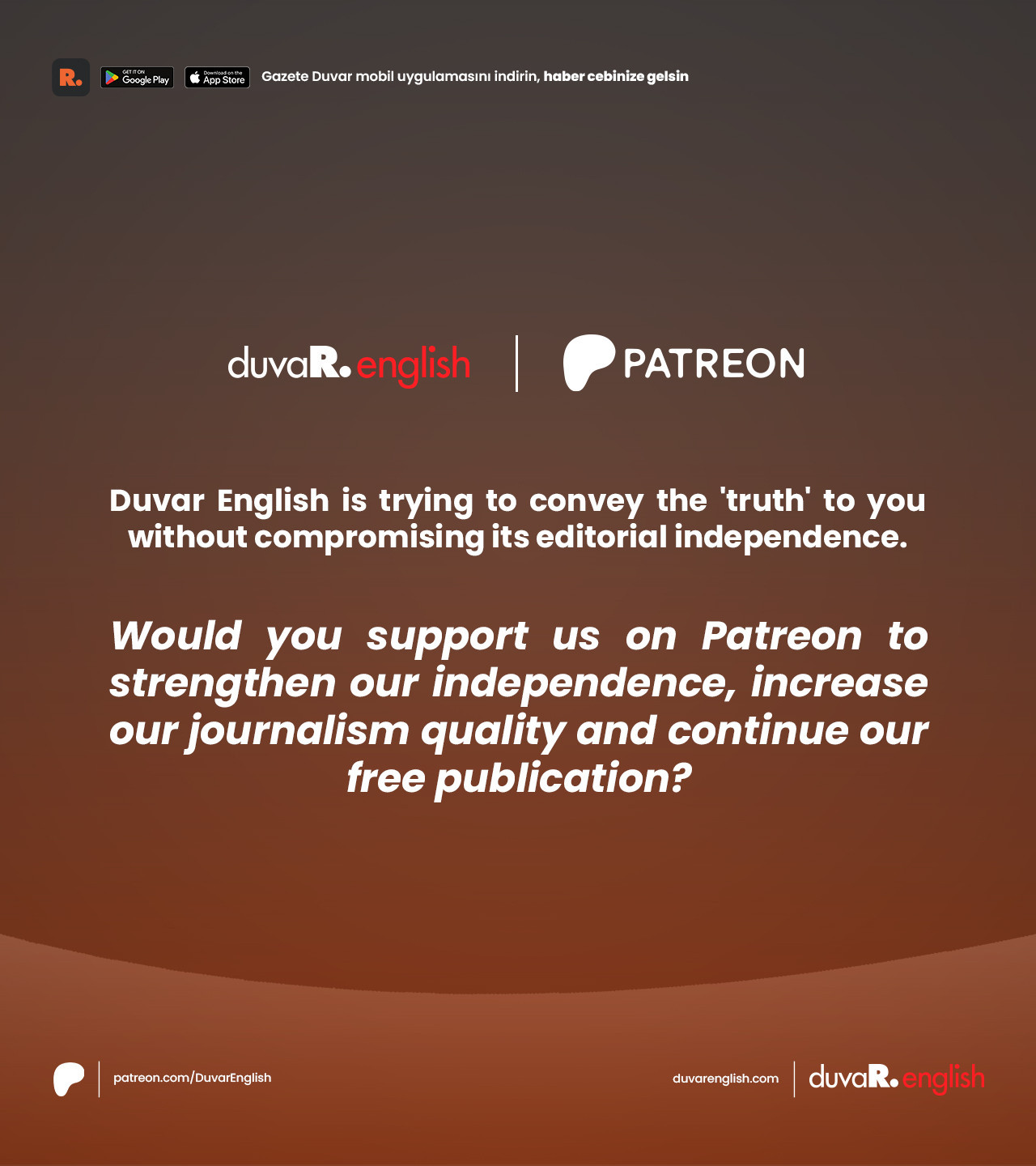Google restrictions threaten independent media in Turkey, spark backlash
Google reduced visibility for independent Turkish news outlets on its platforms, causing traffic losses of up to 80 percent. Journalists and editors criticized the move, calling it a threat to press freedom and public access to information. Google has yet to issue a statement.
Duvar English
Main opposition Republican People's Party (CHP) Deputy Chair Ulaş Karasu on Nov. 18 brought the struggles of independent news outlets caused by Google Turkey's algorithm update to the Turkish Parliament’s agenda.
Karasu submitted a written inquiry to the Transport and Infrastructure Minister Abdulkadir Uraloğlu, addressing the impact on press freedom and democracy.
Karasu said the algorithm change boosted certain news content while suppressing others, significantly reducing visibility for independent outlets like BirGün, Gazete Duvar, and Halk TV on Google News and Discover. He noted that independent outlets are required by law to meet specific traffic metrics to qualify for public ads from the Press Advertising Agency.
Karasu asked whether the ministry had taken or would take steps to address traffic and visibility losses caused by the algorithm change. He also questioned whether Google Turkey had shared any details about the change and if meetings had been held with the company on the matter.
He further pressed whether Google Turkey would face sanctions to protect the public’s right to access information and mitigate harm to democracy. Additionally, Karasu asked what measures the government planned to implement to support independent journalism and ensure a more democratic media environment.
Karasu called the algorithm update a "covert censorship" and asked whether the government had any plans to end such practices.
Journalist Bahadır Özgür on Nov. 15 revealed on social media that Google has restricted access to many Turkish news outlets in the past month. The visibility of independent media on Google News and Discover platforms has significantly declined, causing traffic losses of up to 80 percent for some websites, impacting their revenue streams.
Google Turkey has not issued a statement regarding the issue.
Journalist Bahadır Özgür highlighted the problem on social media, sparking reactions from media representatives. He stated that declining visitor numbers threaten independent media’s survival, leaving many in a financial crisis.
Özgür said, "Google's algorithm changes have reduced reader traffic by 60-80 percent, which means a similar drop in revenue. Many news sites may not survive if this continues. Google doesn’t care, especially about opposition media, which faces tough times ahead in 2025."
BirGün Web Coordinator Uğur Koç also reacted, saying, "Google Discover and News traffic has nearly vanished in the past month. Independent media is barely visible, undermining public access to information and threatening their existence. While global traffic fluctuations exist, independent outlets in Turkey face the harshest blow. It's hard to call this a coincidence, and Google remains silent despite all criticism."
Online news outlet T24 editor Sibel Yükler described the situation as the "end of access to news." She said, "Traffic has dropped by 80 percent. This means financial collapse for independent outlets and worsening poverty for thousands of struggling journalists."
Orhan Can, editor-in-chief of online news outlet halktv.com.tr, called Google's actions "a blow to press freedom." Can said, "Google, as a monopoly, does what it wants. This isn’t just censorship—there’s a larger storm behind it."
Küçükkaya called the situation "a national security issue" and added, "In many countries, especially in the EU, companies like Google face billion-dollar fines for such actions. Even in the U.S., Google has faced complaints about prioritizing certain political interests. This raises concerns for democracy."


 Google excessively recommends pro-government media outlets in Turkey: ReportPolitics
Google excessively recommends pro-government media outlets in Turkey: ReportPolitics Turkey's competition authority fines Google 296 million lirasScience & Tech
Turkey's competition authority fines Google 296 million lirasScience & Tech Google to remove shopping ads from search results in TurkeyScience & Tech
Google to remove shopping ads from search results in TurkeyScience & Tech